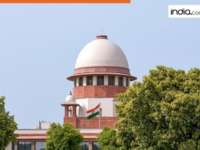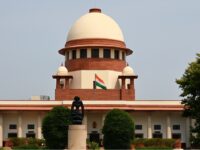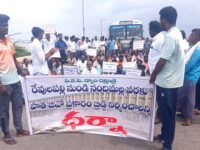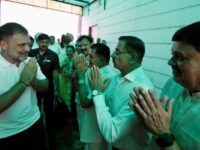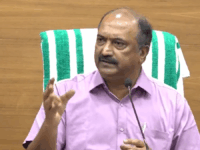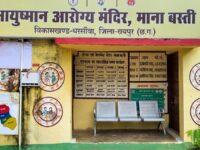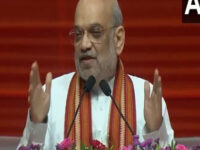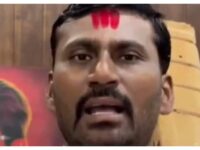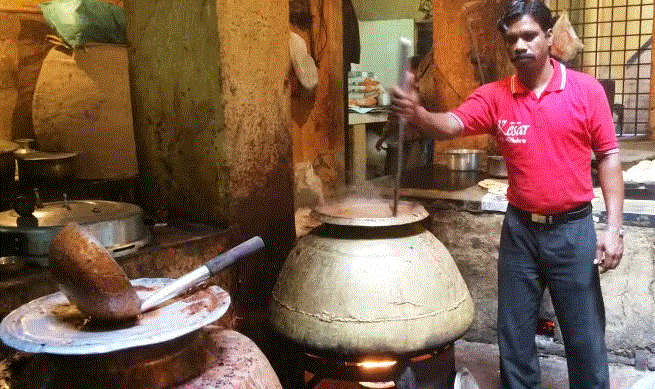I don’t know why he quit smoking. I won’t call him a chain smoker, but he used to smoke a lot, and it was rare not to see him without a cigarette. Five years back, he suddenly stopped smoking and would tell his friends how easy it was to quit. Once he quit the habit, he was not tempted to start again even once.
I have no information if he had the premonition about the future or whether was advised by doctors, but he would often reminisce about the time when journalists could smoke in the office instead of filing outside to smoke, per the norm now.
I did not know that he was suffering from lung cancer, and so his death came as a surprise to me. He was diagnosed a few months back and was very confident that it would be cured. He told his close friends and colleagues that there was nothing to worry about him. I am told that he was so much in love with his work that the time after his first chemotherapy was the only time when he did not attend the office for a week due to his illness. On most days, he used to work late into the night, texting or emailing colleagues about work, at times as late as 2 AM.
This was also the time of the great editors, when political stalwarts would feel lucky to meet editors in their offices.
Sankarshan became editor at a time when the institution of editor had been annihilated by the force of history; corporate interests conspired to substitute profit motive with editorial independence. When politics decided to make journalism pulp fiction, and ideology pressured to create pre-programmed living robots pretending to be press persons.
With his appointment, it was expected that he would moderate the tone of the paper and bring back the equilibrium to its original point.
Sankarshan was a legacy journalist to the core and believed that ideology should not blur the line between likes and dislikes. He knew it was the job of an editor to remain unaffected and maintain neutrality between the government and the Opposition, and he did it with aplomb.
But that does not mean he ever compromised his old-fashioned journalistic values. He remained fiercely independent and irreverent. When the Election Commission held a press conference to dispel any impression about its partisanship, The Telegraph came out with a headline—’Election Omission’—that said it all.
With his departure, journalism has lost a man represented a great mix of tradition and rebelliousness.
Sankarshan never flinched from calling a spade a spade. He was never enamoured with the power politics despite closely observing the play of power in its highest corridors. He was a voice of sanity in an era of insanity; he was not de-ideologised but ideology did not blind his vision. He was committed to journalism till his last breath, and he was a proud Bihari who loved to cook mutton and relish every bit of it.
In the end I would quote the words of his colleague Devdan Mitra, written after his demise:
Sankarshan, today I wish to call you my friend. People like me will miss you, always. You left a void in us. You left us when we needed you the most.
(Ashutosh is a journalist and former politician with AAP. He was one of the founding members of the party. This is an opinion piece. All views expressed are the author’s own. The Quint neither endorses nor is responsible for them.)
